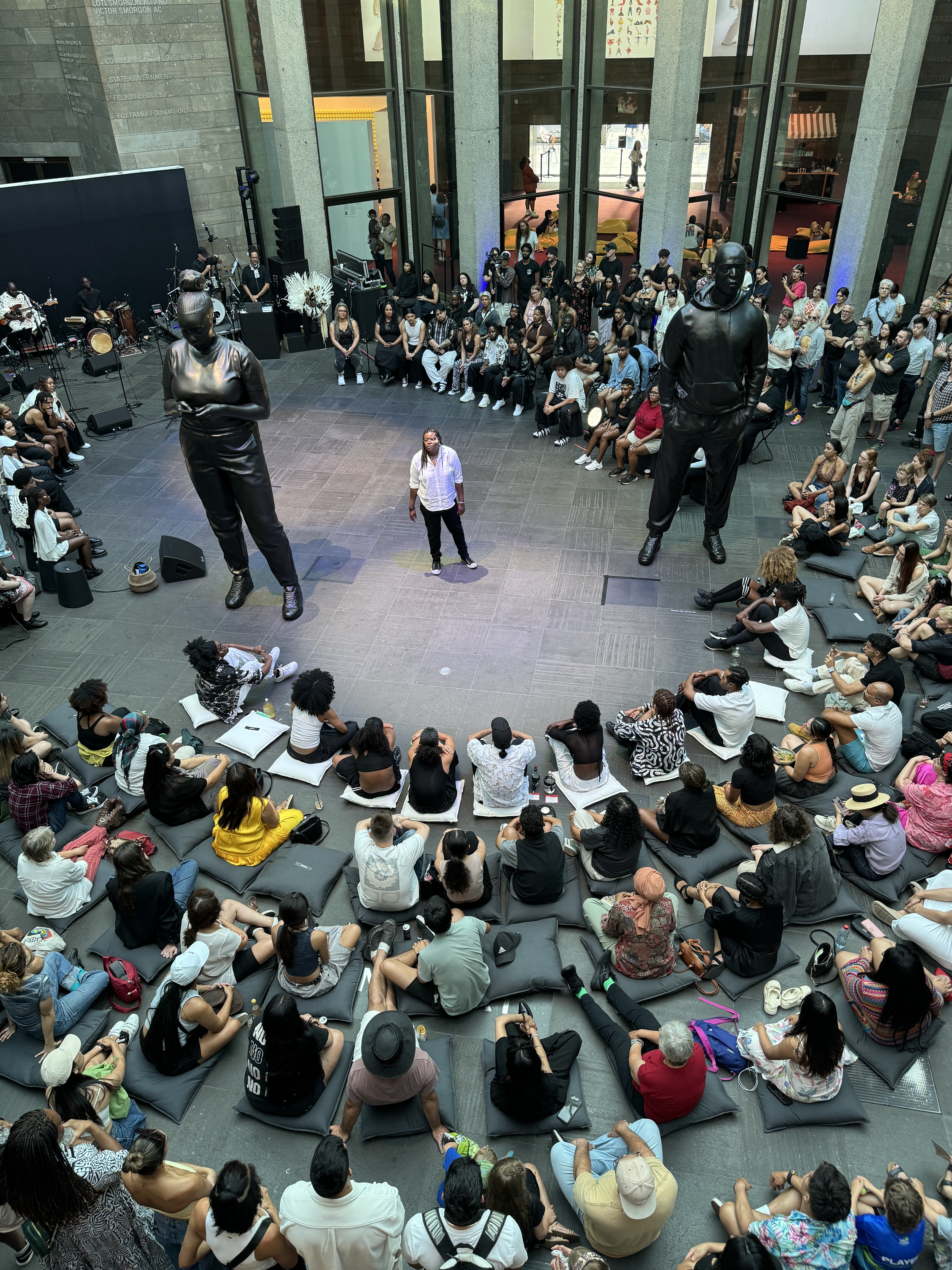[태그:] 국제 입양
-

Afrocentric
Ebony Hickey, a Haitian Australian intercountry adoptee performed in Afrocentric at the Victorian Gallery of Victoria. We share her voice performance and photos
-
Vietnamese mother searching for her daughter
Vietnamese mother searching for her daughter adopted to either Belgium or France
-
My day of reckoning with the Lutheran Church
Lynelle shares her healing journey thru a Direct Personal Response (DPR) with the Lutheran Church who gave a face to face apology for their role in her abuse.
-
Reunification with my Colombian Family
A Colombian Australian intercountry adoptee shares their story of reunification with biological family.
-
AntiRacism Online Workshops for Transracial Adoptive Parents
ICAV and HUE provide an online workshop for adoptees and families to explore race, racism, how to be an antiracism ally as some of our core issues in adoption.